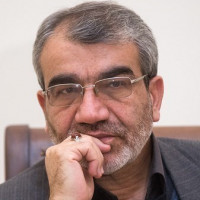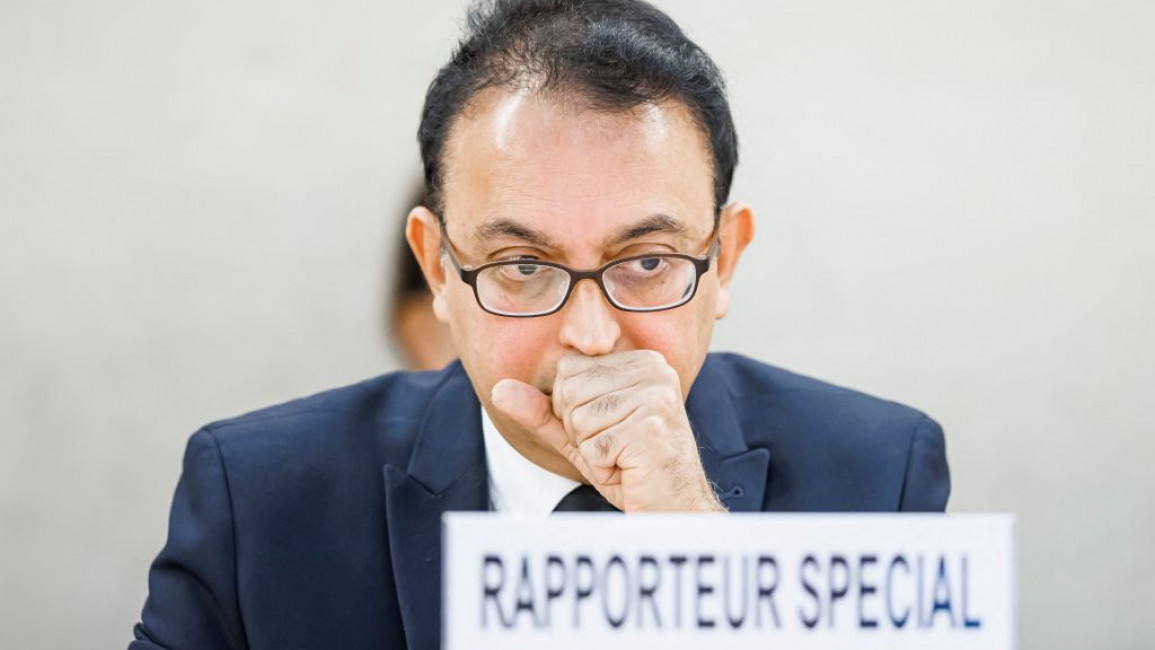
UN Special Rapporteur's Report on Iran Human Rights raises questions of impartiality
In accordance with international law and provisions, the UN special rapporteurs should avoid any form of prejudice and one-sided approach while reporting on various issues. In fact, slanted reporting based on undocumented sources undermines the principle of impartiality which- as a cornerstone of international law- helps prevent biased and unfounded reporting.
Therefore, a human rights special rapporteur is mandated to consider all facts and elements without prejudice, and also prove that he or she has the ability to provide disinterested advice.
A recent report by Javaid Rehman- UN Special Rapporteur on Human Rights in the Islamic Republic of Iran- is diametrically opposed to the principle of impartiality. Using irrelevant and controversial issues and information- all gleaned from hostile parties- is yet another fact that the report is in breach of the principle. In his report, he has called for the need to sanction Iranian officials or abandon the JCPOA or any other agreements with Tehran. He as a UN-appointed rapporteur has no jurisdiction to deal with such issues. Rehman has also used provocative terms against the Iranian nation. All are in violation of the Code of Conduct for Special Procedures Mandate-holders of the Human Rights Council (5/2, Annex A/HRC/5/21).
Articles 3 and 5 of the Code of Conduct call for an independent capacity and exercise of functions through a professional, impartial assessment of facts based on internationally recognized human rights standards, and free from any kind of extraneous influence, incitement, pressure, threat or interference, either direct or indirect. Even Article 12 urges rapporteurs to set aside their political inclinations while reporting. “Bear in mind the need to ensure that their personal political opinions are without prejudice to the execution of their mission, and base their conclusions and recommendations on objective assessments of human rights situations”.
Furthermore, the Office of the High Commissioner for Human Rights at its 67th meeting in 2000, decided to enhance the effectiveness of the mechanism of the Commission on human rights and said in “appointing mandate holders, the professional and personal qualities of the individual - expertise and experience in the area of the mandate, integrity, independence and impartiality - will be of paramount importance”.
Such one-sided approaches by Javaid Rehman in the capacity of UN Special Rapporteur have no legal validity and are in blatant violation of the UN Human Rights Council’s resolutions and regulations. Although independence and impartiality are two basic principles of appointing mandate holders, today the main reason behind such appointments is prejudice and one-sidedness which once again helped extend Javaid Rehman’s mandate as UN Special Rapporteur on the situation of human rights in the Islamic Republic of Iran.
Abbas-Ali Kadkhodaei is an advisor to Iran's Ministry of Foreign Affairs.
Have questions or comments? Email us at: editorial-english@newarab.com
Opinions expressed in this article remain those of the author and do not necessarily represent those of The New Arab, its editorial board or its staff.


![Minnesota Tim Walz is working to court Muslim voters. [Getty]](/sites/default/files/styles/image_684x385/public/2169747529.jpeg?h=a5f2f23a&itok=b63Wif2V)




